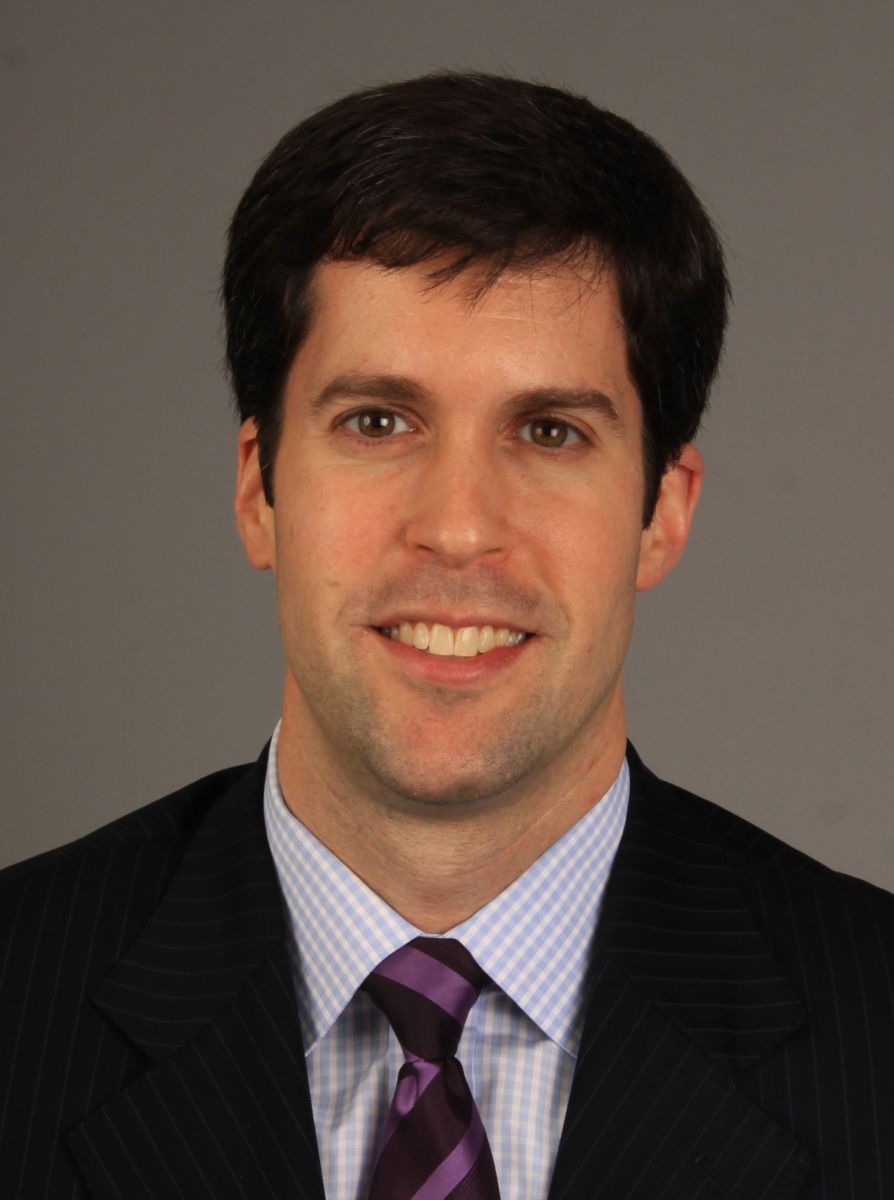Article
When Risk-taking in Psychiatry Is Tested
Author(s):
In this particular age of the Internet and social media, losing a lawsuit is not the only thing that can damage a physician's career.

I was 5 minutes into a 50-minute psychotherapy session when 6 booming knocks on my door demanded my attention.
Although I have the standard “In session. Please do not knock or enter” sign outside my office, the intruder was undeterred. As I cracked open the door, the interloper shoved papers into my hand with a muttered, “I just have to drop these off,” and turned tail to leave my waiting area.
Prior to placing the papers facedown on my desk and reoccupying my seat to resume the session, the only phrase I had the chance to read was “You are commanded to appear…”
“I'm being sued!” screamed in my head as I attempted to return my attention to the patient. In that moment, my task was to put the threat aside, ignore the show of my career flashing before my eyes, and remember that this was my patient’s time, not mine.
Although that is much easier said than done, I was mostly successful. Nevertheless, my mind occasionally drifted back to the imagined smoke from those papers burning a hole through my desk.
I have previously written about risk-taking in psychiatric practice, advocating for bold yet thoughtful creativity in recommending treatments. But, I wondered, did those practicing defensive medicine with the obnoxious “CYA” lines have it right? Perhaps, I should be playing it safe, too?
After an agonizing 45 minutes, the session ended and I finally had the chance to read the full papers. It turned out to be nothing — just another patient of mine involved in litigation against her insurance company. All I had to do was sign my name on a certification letter and send it in.
I was never in any real jeopardy, especially since I practice within the rules and regulations of my state medical board, adhere to the standards of my specialty board, document my care thoroughly, and do my best to treat my patients well. But, the thing is, losing a lawsuit is not the only thing that can damage a physician’s career.
In this particular age of the Internet and social media, merely being accused is enough. I am dismayed by the scathing reviews I have read online of physician colleagues I know to be excellent, whose reputations are tarnished in the eyes of prospective patients doing their online homework.
This experience won’t change the way I practice psychiatry, but it did give me a greater appreciation for why so many doctors practice defensive medicine. In many ways, our current tort and online review systems loom as specters frightening healthcare professionals away from taking risks that might otherwise aid in advancing patient care. The odds are that I will be sued at least once in my career, so I will just have to wait and see how I hold up in my next scare.
Steven P. Levine, MD, is is a board-certified psychiatrist and therapist. He received his psychiatry training at New York Presbyterian Hospital and Memorial Sloan Kettering Cancer Center and currently practices in Princeton, NJ.





